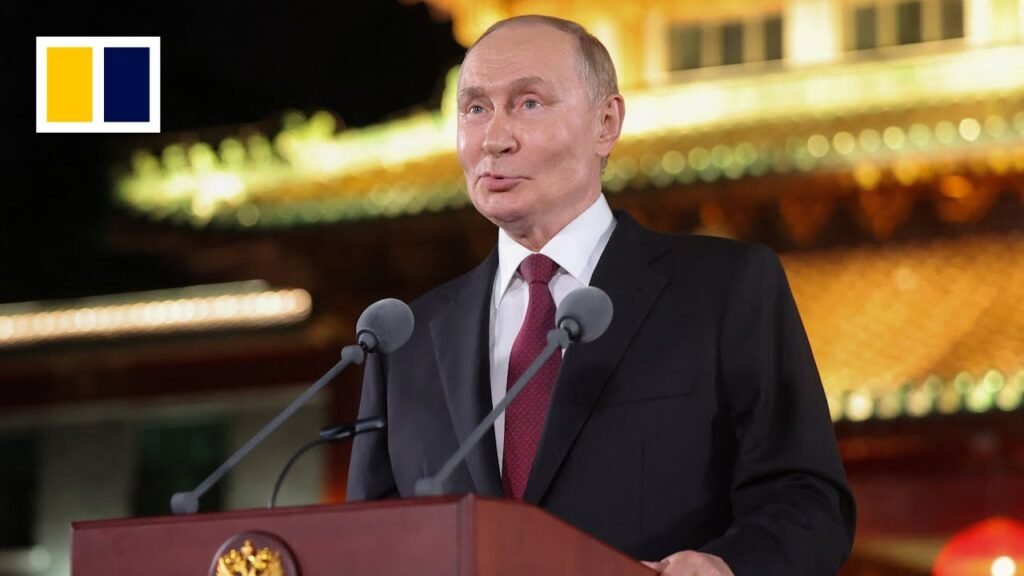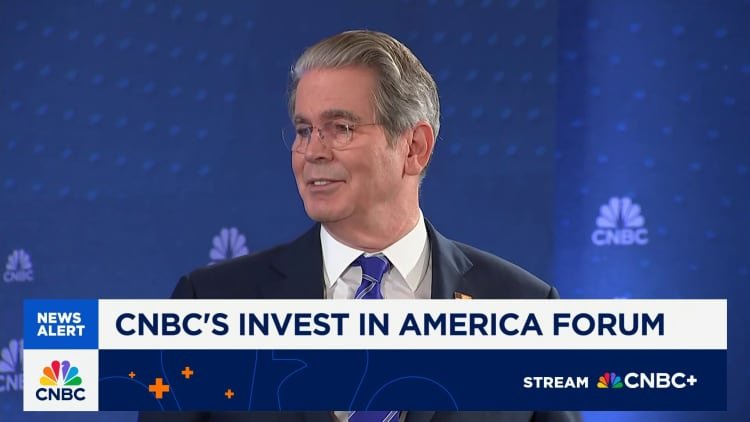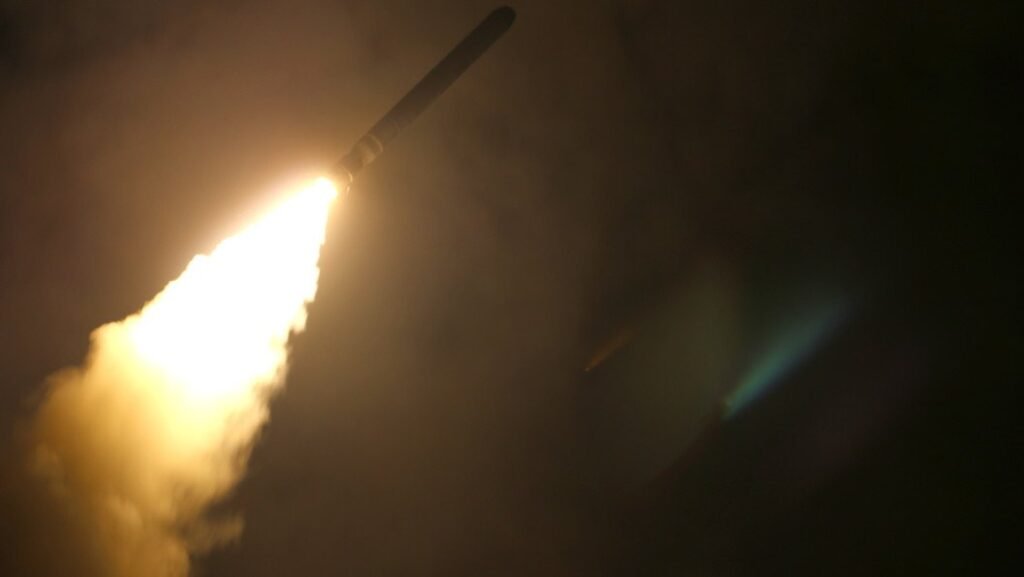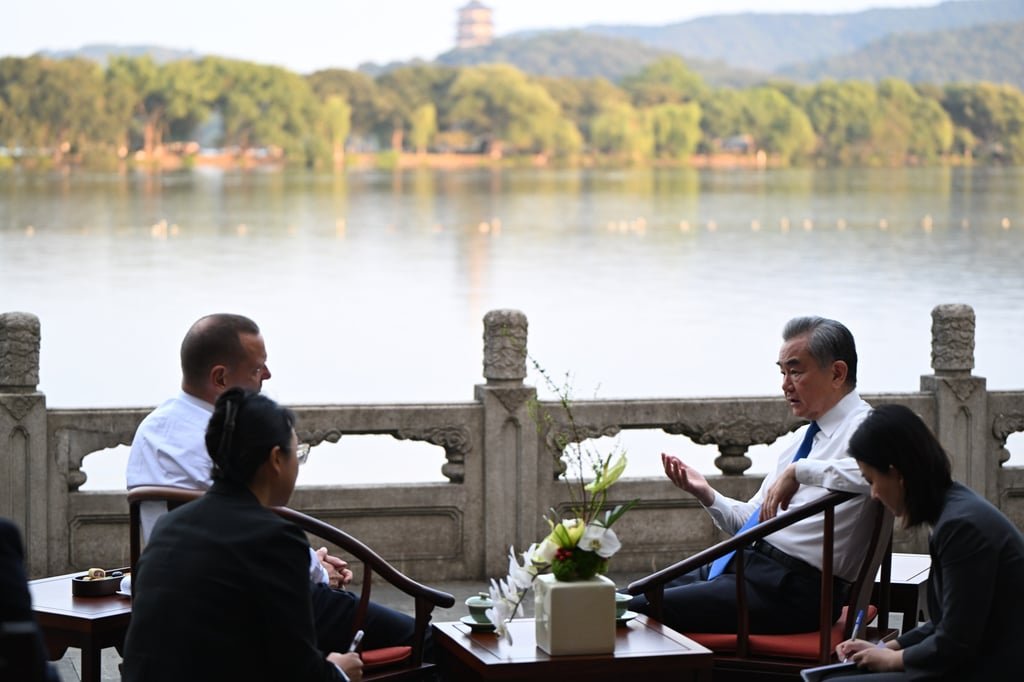
Chinese electronic-parts supplier Wingtech is the latest company to face a setback amid the U.S.-China tech war, after Dutch authorities froze control of its local subsidiary in a sign of new risks for Chinese tech firms’ overseas investments.
Semiconductor manufacturer Nexperia, a European unit of the Chinese tech company, is under temporary external management following an order from the Dutch Ministry of Economic Affairs, Wingtech said in a stock exchange filing on Monday.
The rare move by local authorities was the latest example of increasing operational risks for Chinese tech companies amid intensified U.S.-China tensions, analysts said.
The case was likely “a dispute within the company’s internal management”, but authorities could have factored political considerations into their rulings, said Kenny Ng, a strategist at Everbright Securities International.
“Three to five years ago, the areas most affected were typically mineral resources and raw materials development,” he said. “With the recent trade tensions and tech competition between China and the U.S., such cases will likely become more common in the tech sector.”
A commentary on China’s nationalist website Guancha.cn said that the case was a warning shot to all Chinese businesses venturing abroad for risks of “commercial issues being politicised”.
“Chinese businesses, especially those in the arena of high tech, can’t handle such risks alone, and they are in dire need of strong involvement of [Chinese] state power to provide all-around protection,” it said.
Some analysts said the move by the Dutch ministry resulted from a new rule issued by the U.S. Bureau of Industry and Security, the agency responsible for export control policies. The rule, effective Sept. 29, imposed new restrictions on entities which are at least 50 percent owned by enterprises on the Entity List or the Military End-User List – two blacklists issued by the U.S. government.
Wingtech was added to the Entity List in December 2024, meaning American companies are prohibited from exporting or transferring U.S.-origin goods, software or technology to Wingtech or its subsidiaries without a special licence. The latest rule applied the restrictions to companies owned by listed entities.
In a statement on Wingtech’s WeChat account on Monday, the company lashed out at the Dutch action and the claim it was taken for reasons of “national security”. The company said the court ruling was an attempt by “individual members of Nexperia’s foreign management” to forcibly change the company’s equity structure through legal proceedings.
“Essentially, they are trying to use political pressure to deprive shareholders’ rights and subvert the company’s legitimate governance structure,” the statement said.
Wingtech’s Shanghai-listed shares plunged by the daily limit of 10 percent to 41.83 yuan on Monday.
Founded in 2006 by Zhang Xuezheng, an industry veteran with a background in tech companies including STMicroelectronics and ZTE, Wingtech has evolved into a key supplier to major consumer-electronics companies including Apple.
The company, based in Jiaxing in China’s eastern Zhejiang province, has doubled down on its semiconductor business over the past few years.
In 2018, it announced the acquisition of Nexperia for $3.6 billion, a landmark deal in China’s semiconductor industry that helped turn the company into a key player in the global power-chip market.
In December, weeks after it was added to the U.S. Entity List, it said it would divest its consumer-electronics contract manufacturing business by selling nine wholly owned subsidiaries to the parent company of Luxshare Precision Industry, another Chinese Apple supplier, in a move to focus on semiconductors owing to “changes in the geopolitical environment”.
At the time, Nexperia said that the U.S. restrictions did not apply to the Dutch subsidiary, but that it would comply with U.S. rules in interactions with its Chinese parent.
“Overseas revenue is a relatively big contributor to Wingtech’s semiconductor business,” said Everbright’s Ng. “Given the overseas presence, this incident will exacerbate market concerns on its future revenue.”
Read the story at SCMP.







